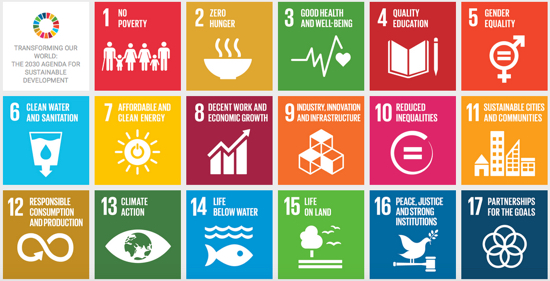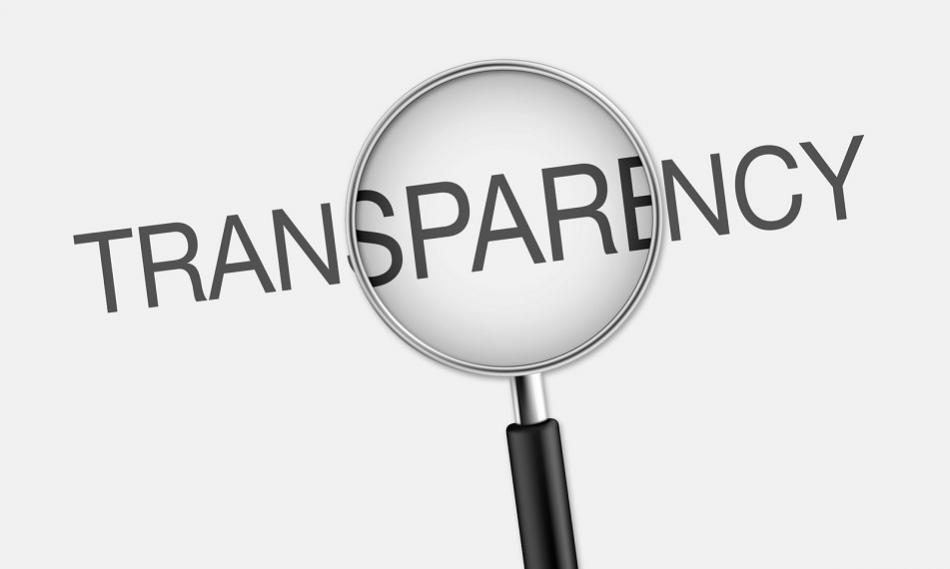 The UN Sustainable Development Goals are the blueprint to achieve a better and more sustainable future for all.
The UN Sustainable Development Goals are the blueprint to achieve a better and more sustainable future for all.
A new report from RMIT University and the United Nations Association of Australia has revealed a rising trend in reporting on the Sustainable Development Goals by Australia’s top 150 companies, but the quality of disclosure remains lacking.
Looking at corporate sustainability reports from the top 150 Australian public-listed companies (ASX150), the research team assessed how each business had measured and disclosed their awareness of, commitment to and progress towards the Sustainable Development Goals (SDGs) year-on-year.
The report found that despite a growing number of companies reporting a commitment to the SDGs from 2018 to 2019, very few disclosed measurable business performance targets related to the goals. There were also very few companies providing context on changes put in place to address the goals.
Lead author, Professor Nava Subramaniam, Deputy Dean of Research and Innovation at RMIT’s School of Accounting, Information Systems and Supply Chain, said a lack of standardised guidelines for reporting on the SDGs was making it difficult to hold Australian companies accountable.
“There are a number of reporting frameworks and guidelines including the GRI standards that companies can adopt for sustainability reporting,” she said.
“However, the voluntary nature of reporting and the lack of a systematic approach to linking business goals with the SDGs results in little to no consistency in SDG prioritization and reporting across the board.”
She said the presence and quality of SDG reporting by Australian companies was in its infancy, so now was the time to define what best practice looks like and agree on a framework that holds everyone accountable to the same standards.
The report also highlighted the increasing disclosure requirements relating to risks associated with human rights, gender inequality, climate change and more faced by Australian companies.
These requirements have been brought about by regulatory developments and initiatives such as Australia’s Modern Slavery Act 2018 and the Financial Stability Board’s Task Force on Climate-related Financial Disclosure (TCFD).
Many of these issues overlap with the SDGs and require Australian businesses to invest in reliable and effective sustainability reporting systems.
 The UN Sustainable Development Goals are the blueprint to achieve a better and more sustainable future for all.
The UN Sustainable Development Goals are the blueprint to achieve a better and more sustainable future for all.
UNAA (NSW) Director of Strategic Partnerships, Ben Woltmann, said when compared to European companies, Australia still had a way to go on the reporting of sustainability.
“Only 48% of ASX150 companies mention the SDGs compared to 75% of European companies that report on sustainability,” he said.
“With financial investment becoming increasingly linked to sustainability, it’s not just about our community anymore, it’s also smart business.”
This is the second report completed as part of the collaboration between RMIT and the UNAA. These latest findings suggest SDG disclosures by the ASX150 have improved from 2018 to 2019 with 48% of companies mentioning SDGs in 2019, up from 37% in 2018.
The number of companies that disclosed how they were prioritising selected SDGs also jumped from 25% in 2018 to 45% in 2019. Yet, very few companies link business goals and targets with the SDGs which makes assessing real progress towards achieving them difficult to determine.
“Businesses play a critical role in Australia’s progress towards sustainable development through the implementation of responsible business operations, developing innovative business models, making investments in sustainable technology and much more,” said Subramaniam.
“This report is a valuable resource for investors, regulators, managers and other stakeholders to understand how Australian businesses are embedding the SDGs into their organisations.
“It also highlights the need for disclosing such information and provides insight into how businesses can better engage with the goals they identify as priorities for them.”
Download the report: SDG Measurement and Disclosure 2.0: A study of ASX150 companies








